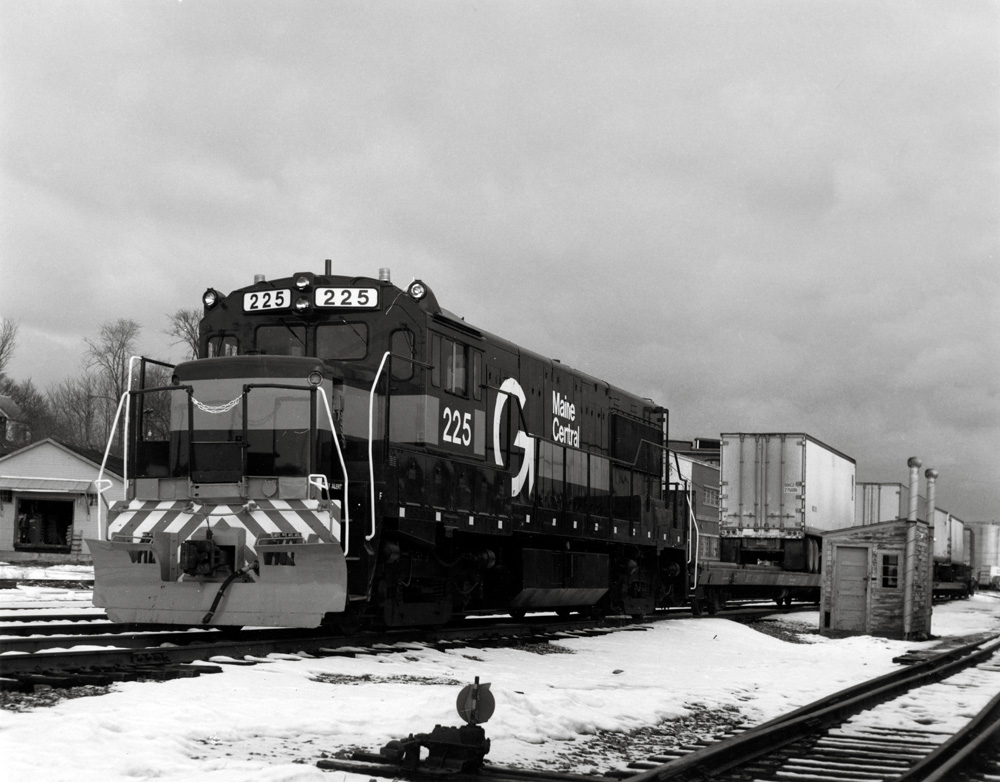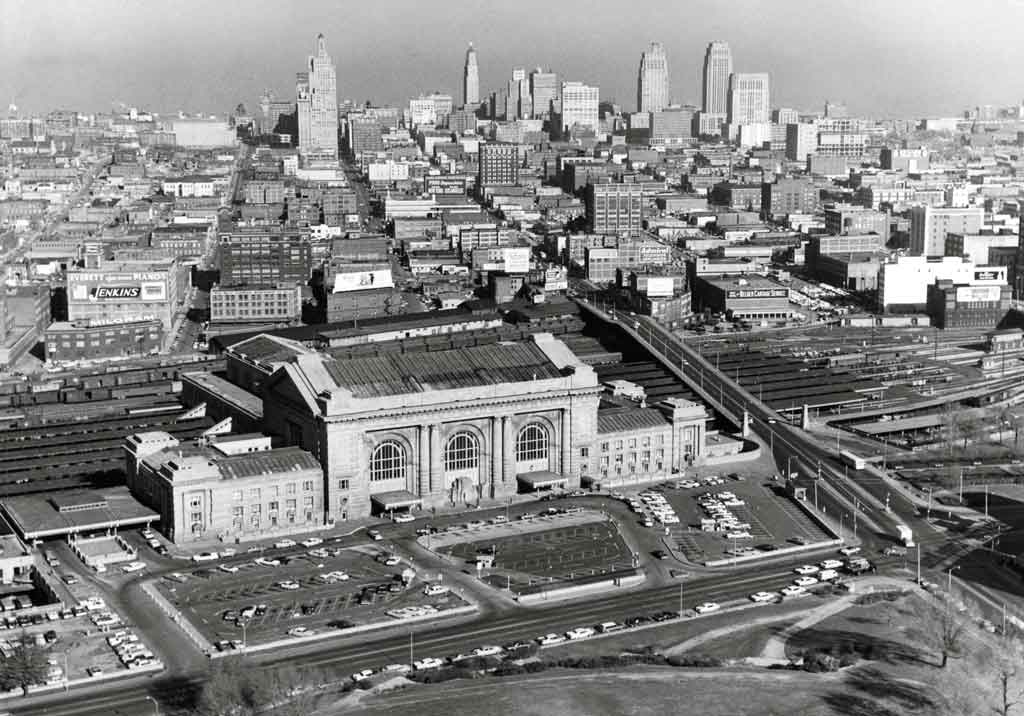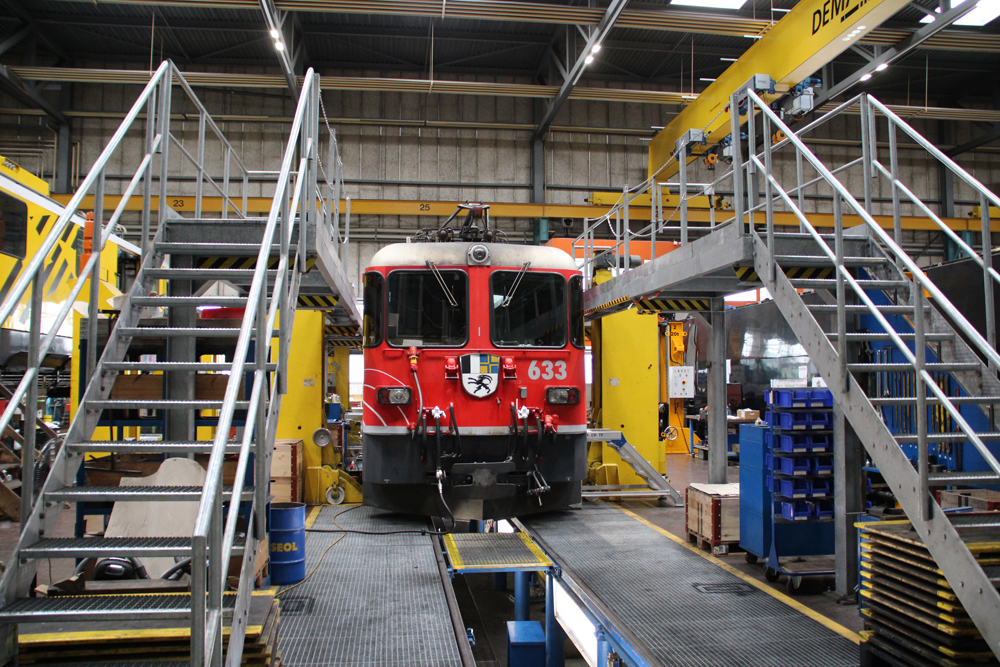Maine Central

While reading a recent local newspaper obituary page, I recognized the name of a person I knew from my work on the Maine Central. I had served in several positions before being promoted to the company safety department, so I got to know a good number of people. The gentleman was 89, had lived a good life, retiring in 1990 from the engineering department’s bridge and building section. Seeing his name brought to mind my first dilemma as a supervisor and a valuable management lesson.
The incident involved the company’s — and the whole industry’s — Rule G. First things first: any employee who accepts employment at a railroad commits to obeying the rules, and there are many of them, including subsets for each department. This commitment was, and still is, non-negotiable. Maine Central’s Rule G in the 1980s was based on the industry’s Uniform Code of Operating Rules and stated: “The use of intoxicants or narcotics by employees subject to duty, or their possession or use while on duty, is prohibited.”
Violation of rules could result in serious injury, or worse. Any employee caught in violation was subject to disciplinary action, up to and including dismissal. Getting caught in violation of Rule G meant hearings and often appeals, but in either case, it was a messy affair, and often difficult to prove. Too many times an employee was simply told to go home and, unless it was egregious, the incident was overlooked.
After the safety department promotion, part of my job was to bring more visibility to safety and change the current culture, which was best described as “business as usual.” The company’s safety record was deemed needing improvement by Maine Central’s new Guilford management. Periodic “safety pushes” had been unsuccessful, short of telling people not to get hurt. Each department handled its safety enforcement differently. When the previous management decided that safety improvement was necessary, departments followed a similar course: redesign their accident report form.
Adherence to the Operating Rules meant whenever an employee was on duty or subject to duty, they were accountable. Like anyone in train service or connected to operations in some manner, e.g., mechanical and engineering, I had to take a rules exam and demonstrate my knowledge and familiarity. As a supervisor, I was entrusted with the authority to enforce the rules, and being relatively new in my position, I came up against a number of situations requiring decisions impacting employee safety and the company. At times, as I was about to learn, this responsibility was a significant burden.
My first encounter with a Rule G violation actually occurred well before I was hired. I was teaching school in Pittsfield, Maine, and had gotten to know the local agent and train crew. Occasionally, on weekends, I would go to the station, where the on-duty agent could often be found sipping a beer and repairing TV sets on the side. Supervisors were scarce on weekends, so some believed they wouldn’t be caught. Back then, even I knew what he was doing was prohibited. Another Saturday, the train crew invited me to ride with them back to Waterville, Maine. Riding on the rear platform of the “buggy” — caboose — leaving Pittsfield, the brakeman was running to catch up as the train began moving … toting a couple six packs of beer, which he handed to me so he could safely get aboard.
A decade later, I was employed as a supervisor. One day, while driving to Rumford, Maine, for a meeting, I stopped off in Leeds to grab lunch. In the diner parking lot was a Maine Central pickup truck. I went inside and sat down at the counter next to its driver, somebody I knew. We exchanged greetings and then I noticed the full glass of beer and a bottle sitting in front of him as he ate his sandwich. I didn’t say anything other than to ask what project he was on. As we chatted, I went over in my mind how I should deal with the situation. I had an obligation; do I leave it alone, or do I call him out? That glass became the proverbial pachyderm in the room — and I was the one who was uncomfortable.
It was obvious he had ordered the beer, but had not taken a drink — the glass was full to the brim, and some remained in the bottle. As long as he didn’t touch the glass or take a sip, so far as I knew, somebody else could have poured it and placed it in front of him. All I could prove — maybe — would be intent. I left it at that and said nothing; neither did he.
I ordered my lunch and we continued to talk about work in a superficially relaxed manner until he finished his lunch, got up, never once touching the glass. We departed amicably. I knew that he knew that I knew — I breathed a sigh of relief. Still, it was a learning experience for me; what would I do next time? It was no longer business as usual. We would see each other again; neither of us spoke of the incident.
Not long after the beer situation, I was tasked with creating the railroad’s drug and alcohol testing program. Times had changed. Alcohol — once the most abused drug in the workplace — was being joined by marijuana and hard drugs. The time had come to step up to confront the problem and not stay silent anymore — an important lesson learned. Rest in peace, my friend. Rest in peace.













